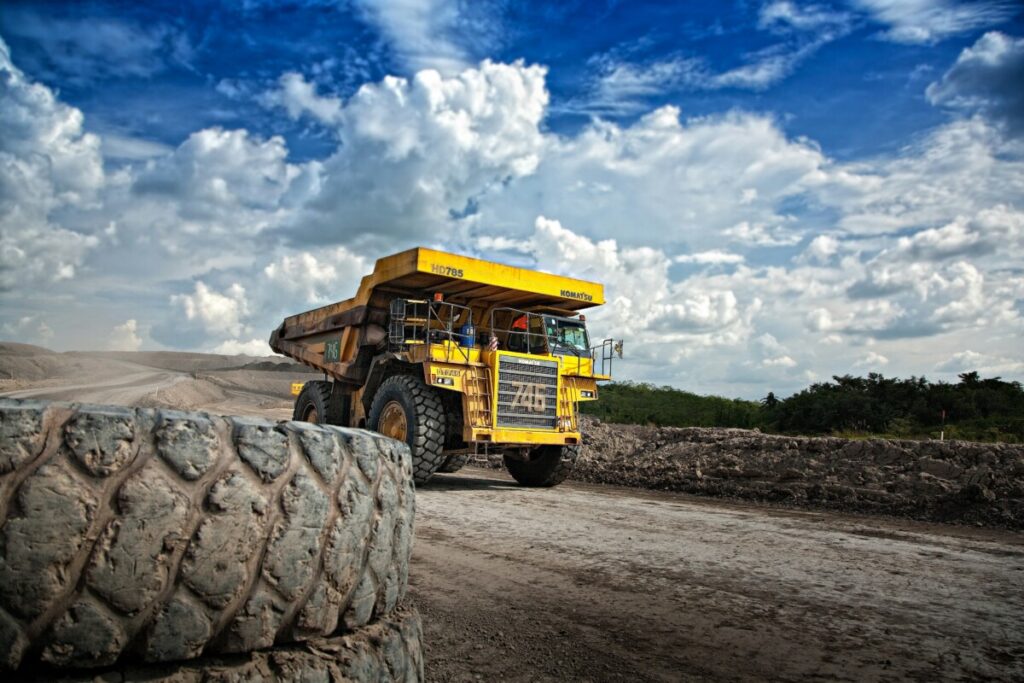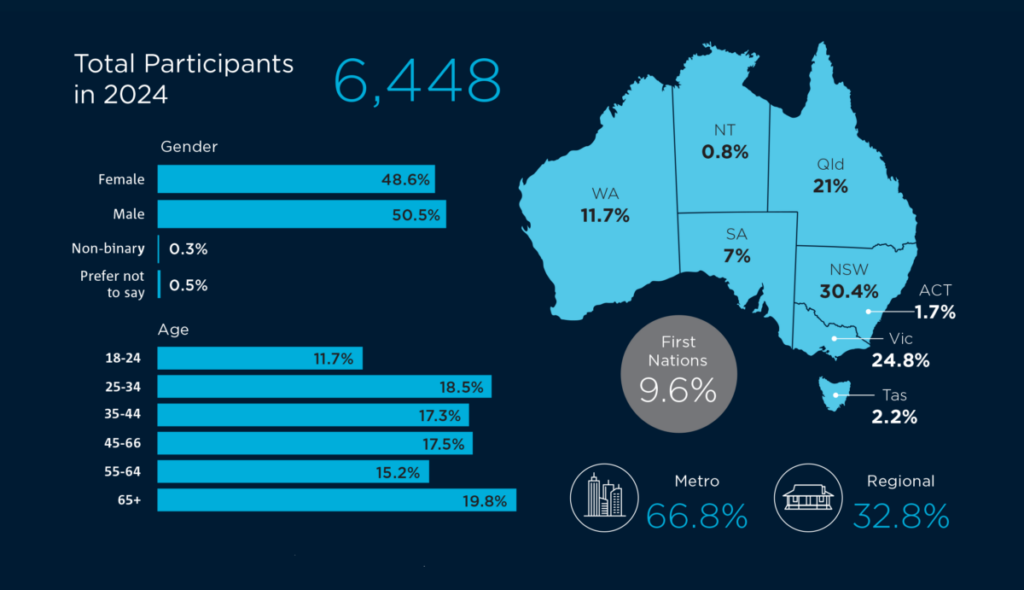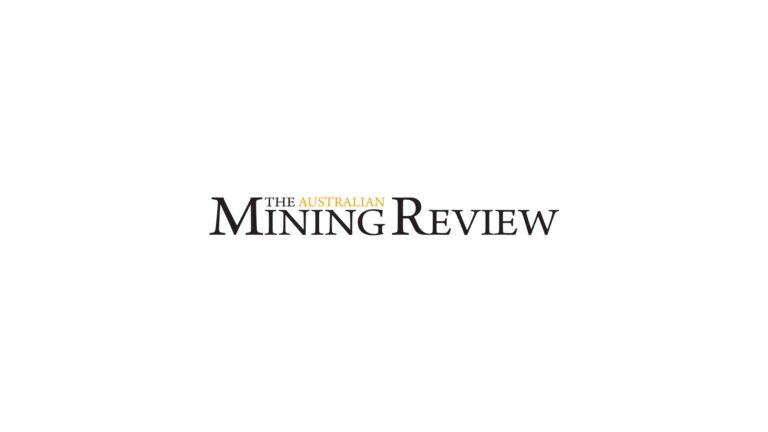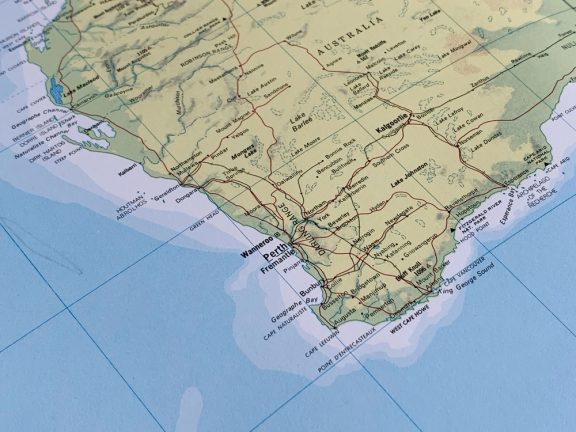
CSIRO has released a comprehensive report examining Australian attitudes towards mining, highlighting public trust in mining has significantly improved over the past ten years.
This shift coincides with a growing interest in critical and energy transition minerals, with 73% of respondents acknowledging that access to critical minerals is essential for achieving net zero emissions.
The transition from fossil fuels to renewable energy requires critical minerals such as lithium, silicon, high purity alumina and rare earth elements.
Conducted in collaboration with Voconiq, this latest survey marks the third instalment in a decade-long program of research, providing an update to the national surveys conducted in 2014 and 2017.
CSIRO Mineral Resources science and deputy director Dr Louise Fisher says the report provides important insights into levels of trust and acceptance, governance and fairness, as well as perceived benefits and concerns surrounding the mining industry.
“These insights are crucial for policymakers, industry leaders, and communities as they navigate the evolving social licence for mining operations, particularly in the context of the energy transition,” she said.

Key findings from the survey revealed:
- Increased trust: public trust in the mining industry to act responsibly has significantly improved over the past ten years.
- Evolving sentiments: while there is greater acceptance of mining, acceptance is contingent on the industry to continue addressing environmental concerns, engaging transparently with communities, and ensuring a fair distribution of economic benefits.
- Awareness of ESG: the survey underscores Australia’s commitment to maintaining a high Environmental, Social, and Governance (ESG) standard, which resonates with the values of everyday Australians.
- Concerns persist: issues such as dust, water quality, and community health remain significant concerns, highlighting the need for strong regulation and community collaboration.
Voconiq chief executive and co-founder Dr Kieren Moffat says that the survey reveals a nuanced understanding among Australians: they support mining for the minerals essential to the energy transition but expect rigorous regulatory frameworks and responsible practices.
“As Australia progresses towards net-zero emissions targets, the data indicate that while mining is recognised as necessary, community apprehensions about its impact must be addressed,” he said.
“This research will help inform ongoing discussions about the future of mining in Australia, emphasising the importance of collaboration among the mining industry, regulators, and communities.”
The findings serve as a valuable resource for ensuring that the mining industry aligns with community expectations and contributes positively to the energy transformation.
The results of the survey have sent waves through the industry, with Federal Resources Minister Madeleine King commenting on the survey in her speech to the IMARC Conference in Sydney, NSW, this week.
Minister King says the truth is we will need more mining, not less, for the energy transition.
“Global demand for critical minerals and strategic materials is expected to grow exponentially,” she said.
“Australia is fortunate to have most of these critical minerals and rare earths right here.
“I’ve said many times, the road to net zero runs through Australian mines, but because we mine and process our resources to such high ESG standards, Australian product can struggle to compete in international markets with operators that mine or process materials with little care for safety or environmental standards.
“Adding further complexity, critical minerals and rare earths are often sold into markets that are opaque or that are subject to manipulation.
“Given the importance of critical minerals and rare earths not only to the energy transition, but also to our security and defence industries, it is no exaggeration to say that securing supply chains for these resources is one of the important challenges facing Australia and partner nations.
“It also represents an existential risk to the global project of the net zero transition.
“Since the last IMARC, I’ve had the privilege to travel to Japan, the Republic of Korea, Canada and the United States to help build international cooperation.
“As I have said repeatedly, it is only through strong international engagement and by working together that we can create a strong global critical minerals and rare earths industry.”




